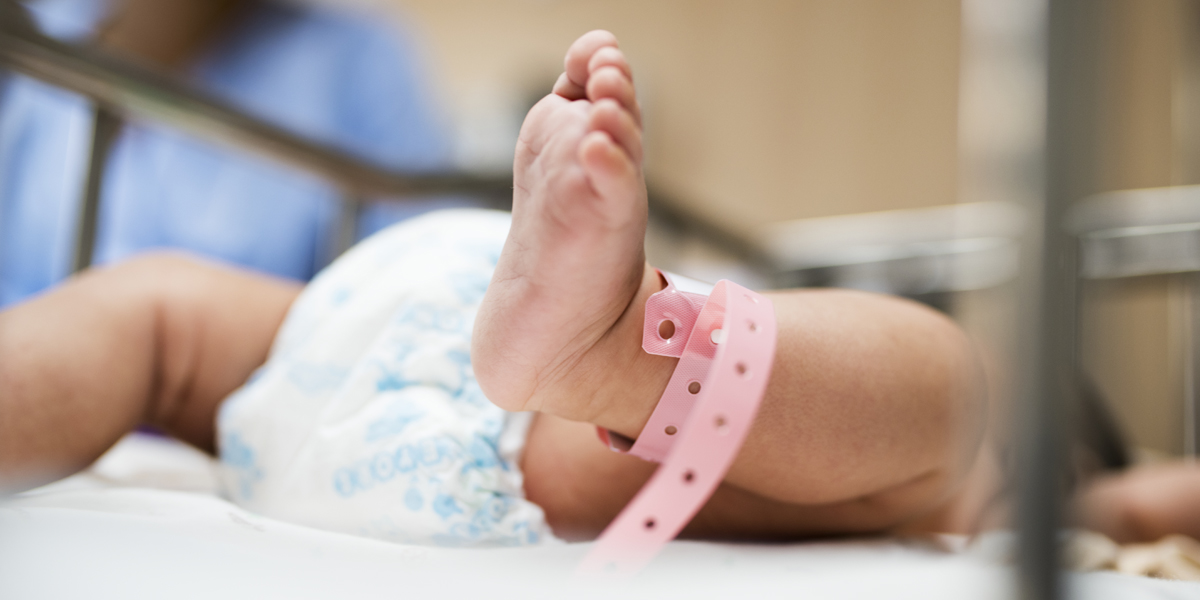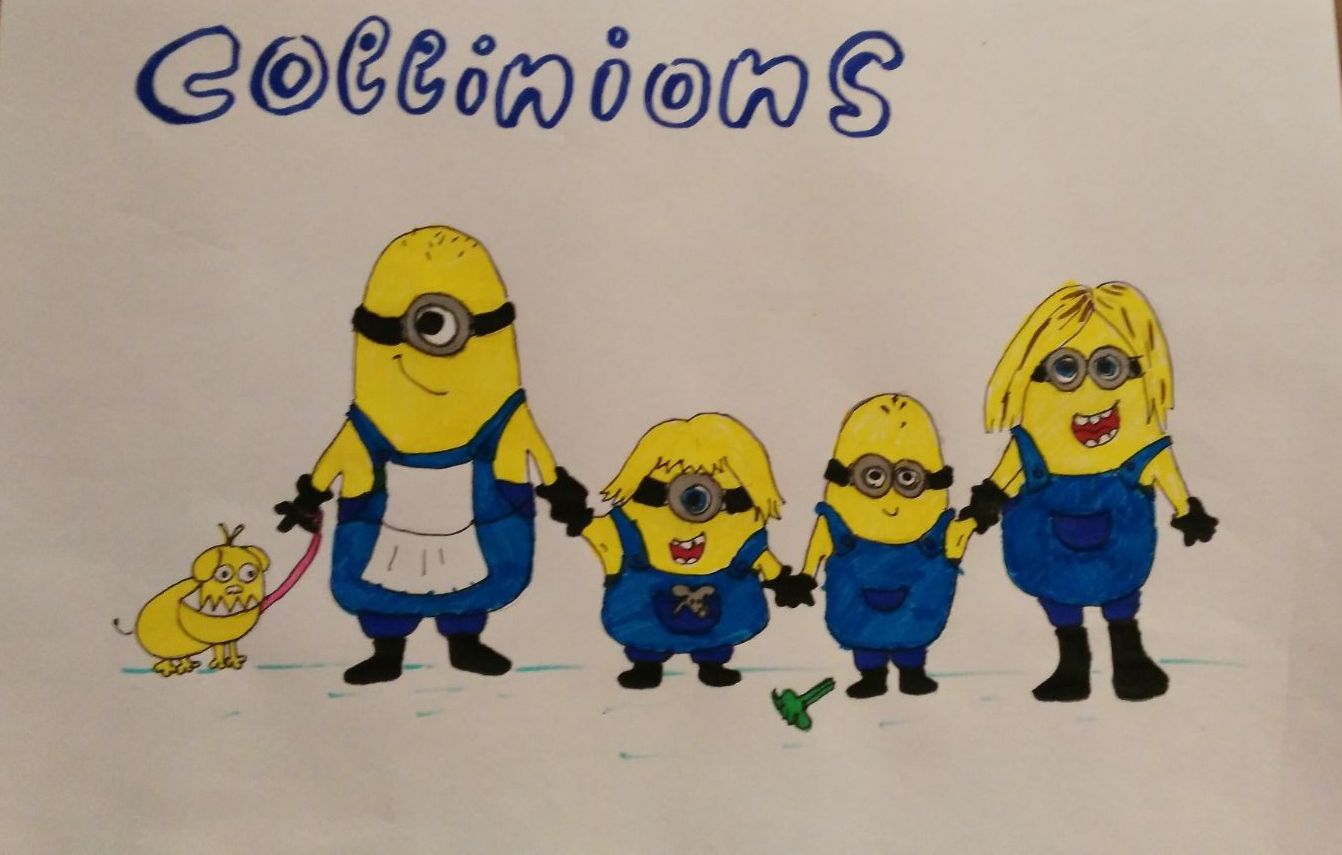She didn’t expect to adopt children with Down syndrome, but now she can’t imagine any other path.
Lenten Campaign 2025
This content is free of charge, as are all our articles.
Support us with a donation that is tax-deductible and enable us to continue to reach millions of readers.
God, whose ways are not our ways, can heal a wound by inviting us to embrace another wound, transforming two separate sorrows into a new happiness. This is the adventure of Michela and Nicola Collini, a married couple in Italy who were eager to have a large family. It’s the story of how they met their adoptive children Marcello and Anna, who were abandoned in hospitals, waiting for the love of a mother and a father.
Aleteia: Michela, How did you come to adopt two children with Down syndrome?
Michela: Nicola and I met at the university and we got married at the age of 25. We both come from big families and we had the idea of having many children ourselves. I wanted them so much that after marriage I did not even study natural methods to postpone pregnancy, because I always thought that the sooner the children came, the better. I got pregnant almost immediately, and right away, I lost the baby. Later I got pregnant again and the pregnancy went on, but it ended at the 15th week. This second miscarriage was emotionally even more painful because the baby still had to be born.
Would you mind talking a bit about this experience? For many mothers, miscarriage is a suffering that is difficult to express.
Michela: There are two basic motivations that have kept me going through this repeated sorrow. The first is that I believe in eternal life and so I know that in Heaven I’ll meet these two children that I didn’t get to know on earth. The second is that, despite it being a difficult experience, my husband and I always knew that God would not abandon us. Christian marriage is a question of three: it’s you, your spouse, and the One who has put you together. We were sure that something good was waiting for us.
Has it come? How?
Michela: Everything started with my job. I am a physiotherapist and my first job was at an association founded by parents whose children have Down syndrome. I took care of children ages 0 to 3. This was all new to me and I fell in love with this work and being in touch with these families. Then one day, while talking in the car with a friend, I learned that a Down syndrome child had been left in the hospital and was waiting to be adopted. As soon as I got home, I spoke to my husband Nicola and he said: “Let’s adopt that baby.”
Our desire to be parents was joined to the thought of that child left alone in the hospital. We offered ourselves, but then that child went to another family for adoption. We remained available until the opportunity arose to adopt Marcello.
It has also been difficult. He was supposed to come to our house in June, but in addition to Down syndrome, he had a serious heart disease and needed to be operated on. We didn’t get to meet him and the doctors told us that they didn’t know if he could make it through the surgery. We had to wait until the end of July, and during all this time, he was in the hospital all alone. But then the situation improved and we finally brought him home.
Is Marcello the name you gave him? What stories do these abandoned children have?
Michela: No, we had thought of another name. Children who are abandoned at birth receive their name from the first person who takes care of them. When we heard that the gynecologist had called him Marcello, we liked the name so much that we kept it.
In the case of newborns with Down syndrome, we can assume that these are cases that have escaped diagnostic tests (and therefore also escaped subsequent abortions). They are born and left in the care of the hospital.

Marcello came to us at a time that was not at all random. After he had joined us, I received the news that I could no longer have children naturally because my second miscarriage had caused an infection and closed my tubes. His presence eased the hurt. It was a sign that there a good plan within our story.
What can you tell us about Marcello?
Michela: He was four and a half months old when he arrived. Over time, we learned that in addition to Down syndrome, he also has an autistic syndrome. He does not speak, but he understands everything and is a very sensitive boy. He has very developed body communication; if he wants, he knows how to write his wishes and his thoughts on the computer and is deeply bonded to me. He likes music and he also won a prize with his class.
He attended his fifth year of high school in the humanities, and just in his class, I see the miracle that he is: inexplicably — and without him doing anything — the kids develop wonderful bonds and relationships around him.
For example, at one point he had a strong emotional crisis because we had welcomed another child into our home. Marcello does not express his pain or anger in words, but with the body. He began to behave inappropriately in the classroom, so much so that I thought of removing him from school. But the mother of one of his friends came to me and begged me not to do it because she had seen her daughter change a lot, thanks to the bond she had made with Marcello. He offers a presence, nothing more; yet he is able to give rise to something in other people.
Another presence has arrived in your family, Anna. What can you tell us about her?
Michela: Anna came in an incredible way, and she turned out to be a volcano. At one point we moved from Verona to Udine and I was hired as a physiotherapist in the hospital. One day, a doctor came up tome and, knowing my story, told me that a little girl with Down syndrome had been abandoned in the hospital. He asked me for advice on what to do. The same day, when I got home, I found a message on the answering machine from a social worker. Like the doctor, she had heard about our family and was asking me for advice about the same child. Two days later we decided to adopt her.
Anna was one month old when she came to us. Unlike Marcello, she is very lively. She has become a very good swimmer and has a great passion for drawing. Marcello tolerates her and is wary of her exuberance, but they share a love for music. Now she is in her first year at the Agricultural Institute.

Your marriage begins with two losses. What blessings have come from this pain and loss?
Michela: Sometimes I wonder how my life would have been if we had biological children, but my life is so beautiful now that I don’t think about it. I can guarantee that God constantly gives us assurances that he is taking care of us. I continue to experience that, if we rely on the third element of our marriage (that is, God), I am always amazed.
We didn’t plan this in advance, and it all just happened as things came up, but we welcomed other kids into our family for longer or shorter periods of time. On this unexpected road, I find myself loving my husband and my children every day. This is the litmus test, because it is a love that opens me up to everything else. It’s a lot of work, but it is my path. Slowly the Lord molds you and gets you to where you need to be. I remember being struck by the testimony of Signor Castagna, the only survivor of the Erba massacre. I agree with him in saying that carrying the Cross is not a consolation prize, but it makes everything given to you flourish.

Read more:
Couple with Down syndrome reveals secret to 23 years of wedded bliss








